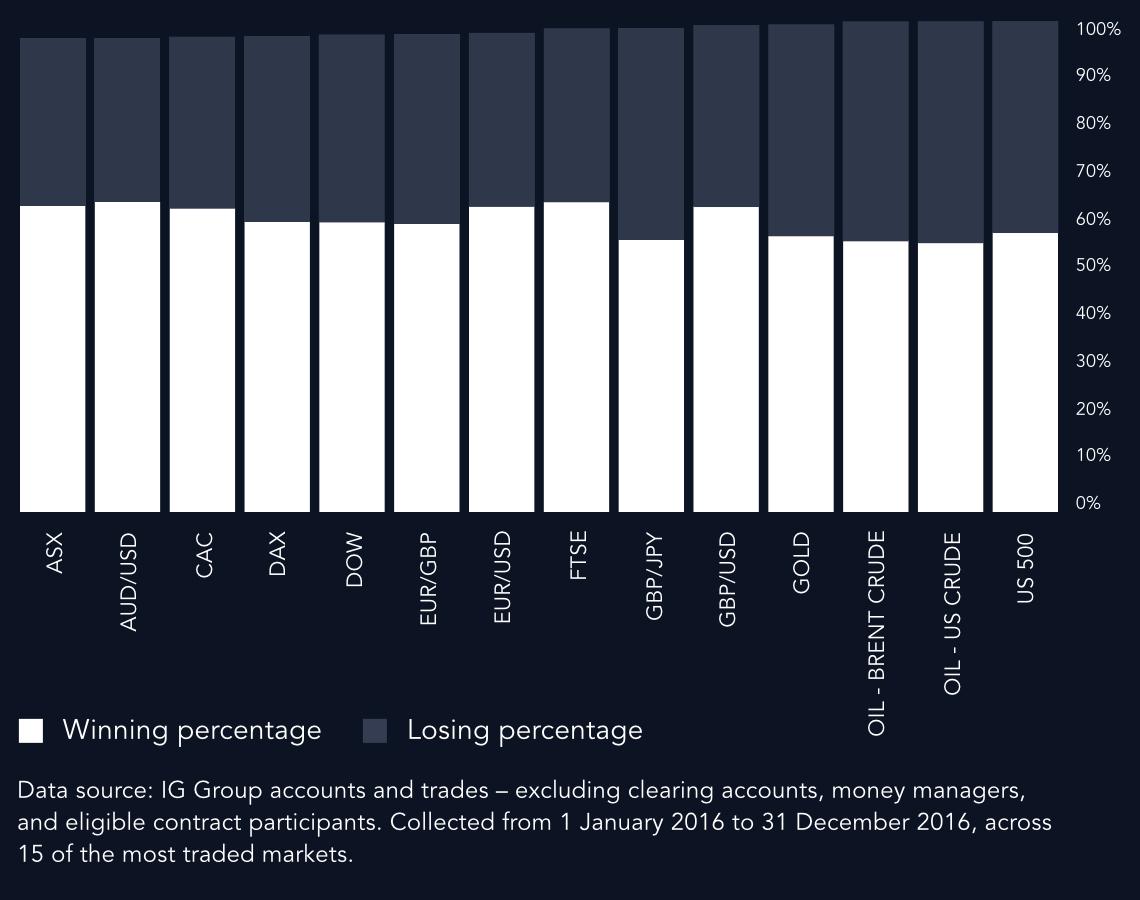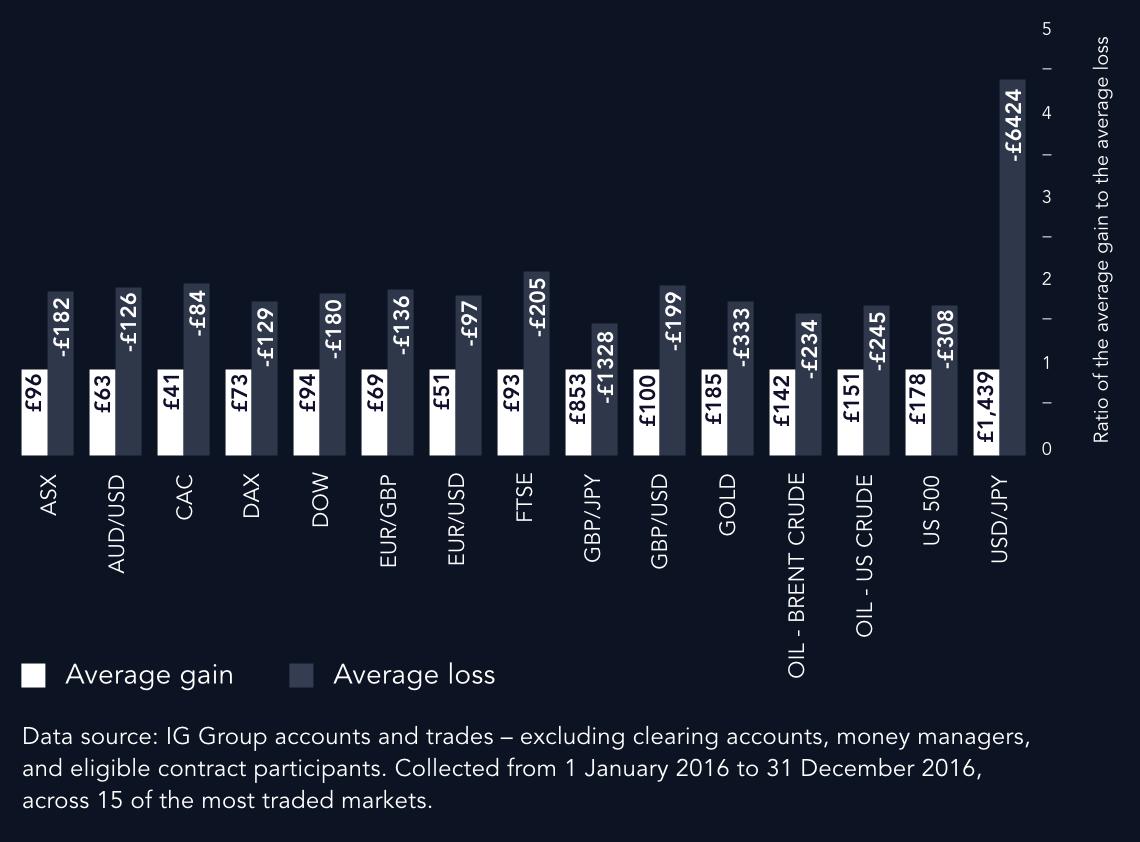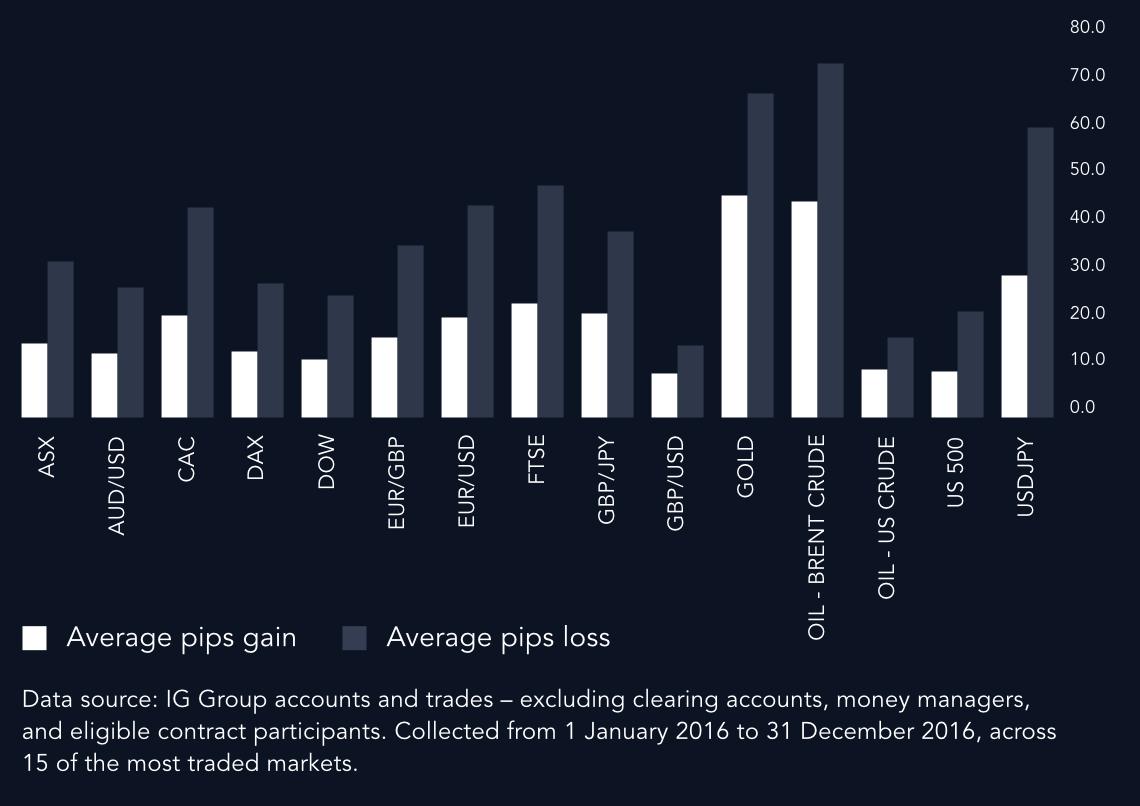What is 'rationality' in trading?
Rationality in trading is the ability to make choices that will result in the best possible outcome given the information available. Rational decisions aim to maximise an advantage, while minimising any losses.
Although rationality is all about seeking the optimal outcome, studies have been quick to point out that this doesn't always mean making money – a rational decision can involve minimising losses and even accepting a loss.1
How can traders become rational?
A common way to improve rational decision-making is through a demo account, which enables you to practise trading and test your strategy.
A demo account can help you to familiarise yourself with market dynamics so that when you start to trade using your own money, you won't be overwhelmed by feelings of fear – enabling you to trade in a more rational way.
Things to keep in mind...
 Practise trading with an IG demo account. 1Pastor and Veronesi, 2009
Practise trading with an IG demo account. 1Pastor and Veronesi, 2009Related articles
Fear
Fear can cause traders to close positions too early and miss out on profit.
Gambler's Fallacy
Gamblers' fallacy can lead to traders basing their decisions on irrational beliefs.
Herding
Herding can lead to traders making decisions out of a fear of missing out.



